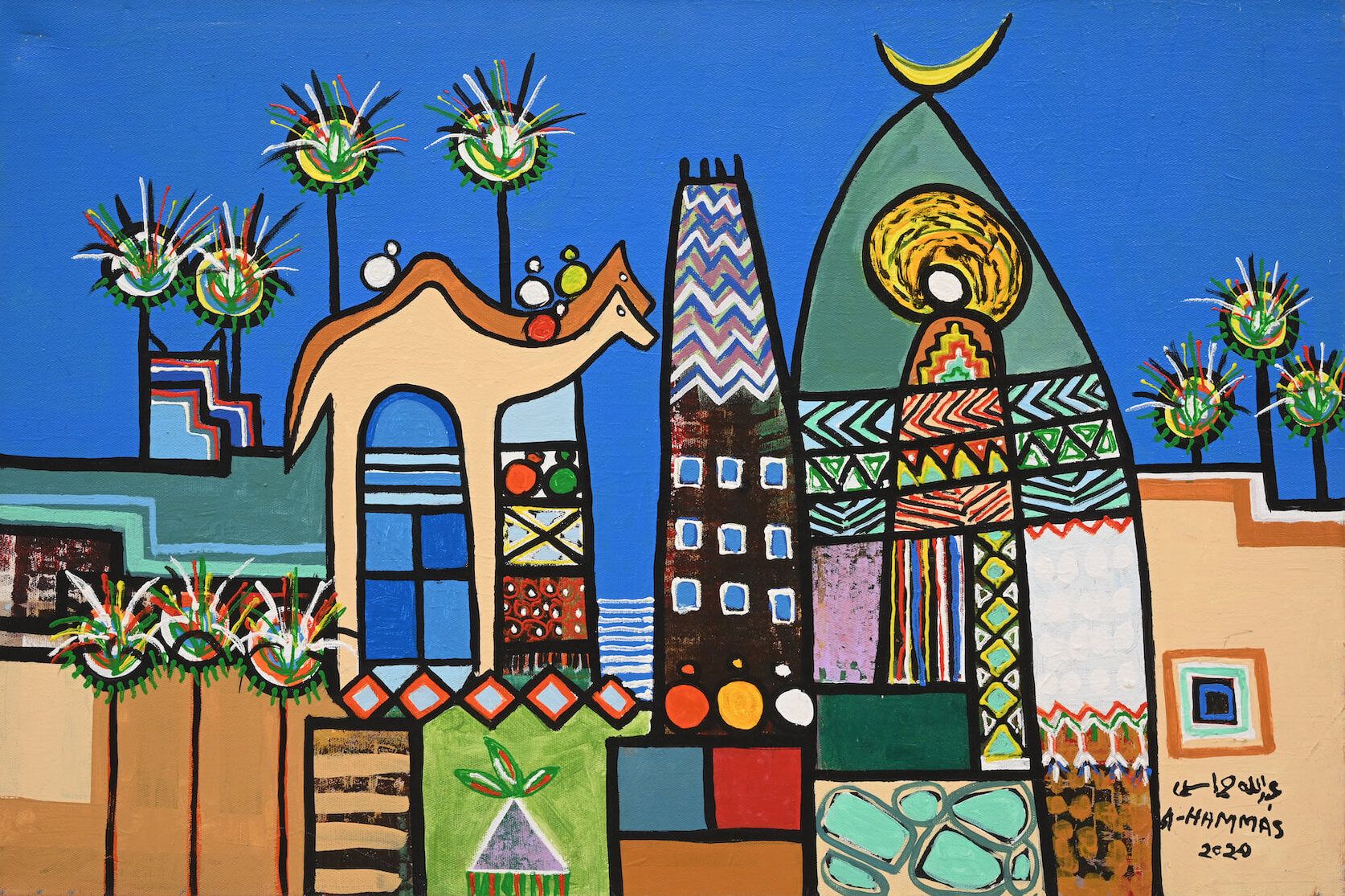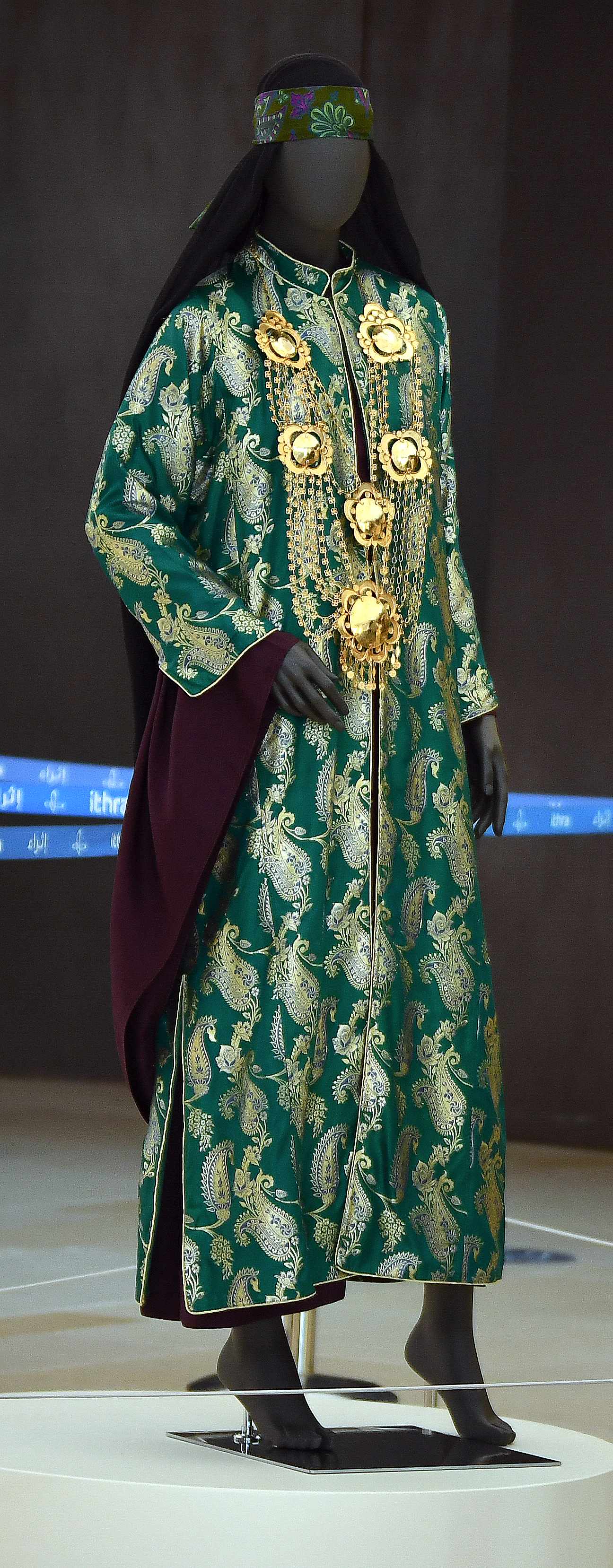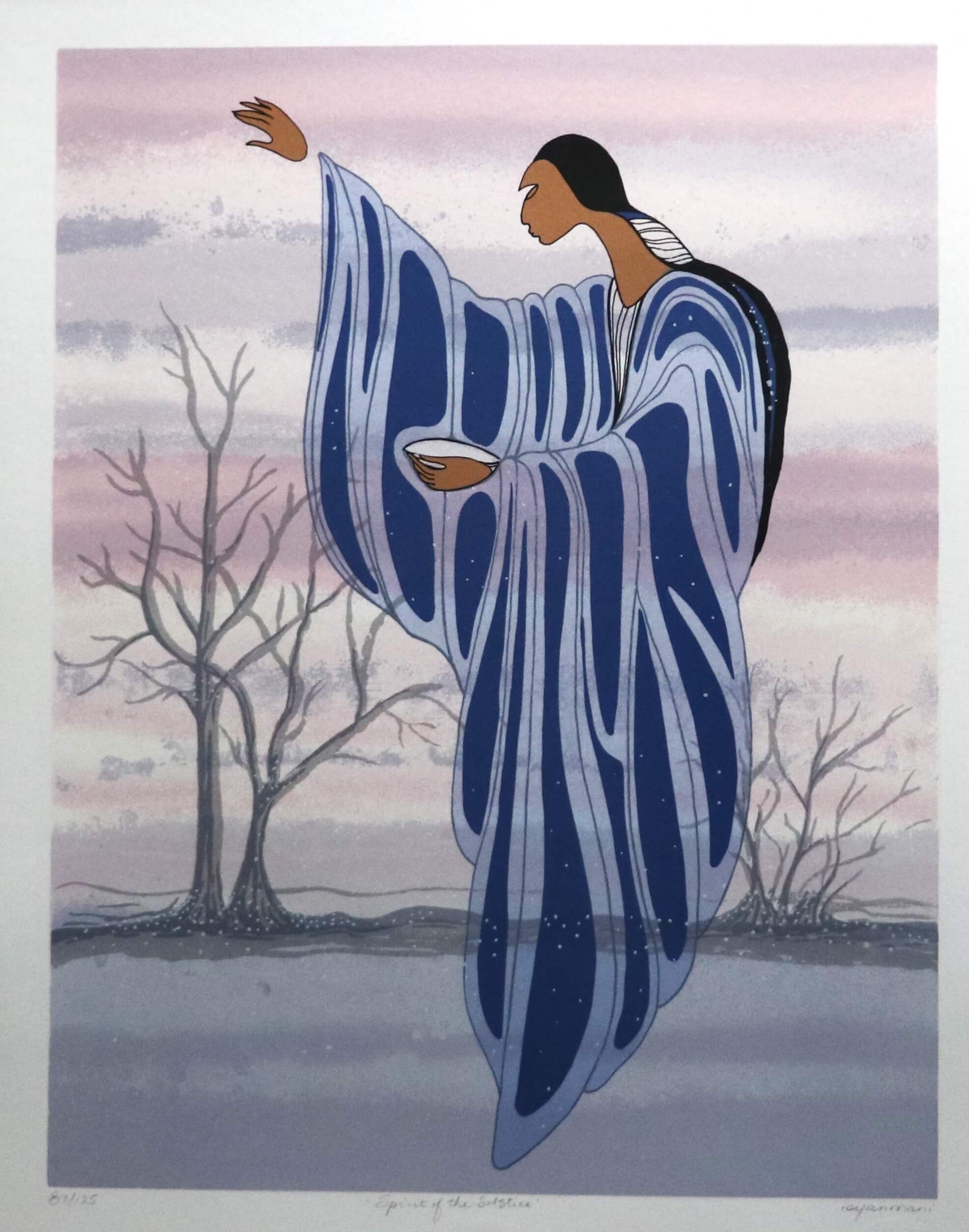Passing Knowledge from Father to Son
The Nawab Mirza Muhammad Baqir and his son Mirza Husayn
Signed by Mu'in Musavvir
Iran, Isfahan, dated 1085 AH /1674
Opaque watercolour and gold on paper
42.1 X 29.2 cm
The Aga Khan Museum, AKM81
And yet, in many cultures around the world, it is the intangible arts and heritage of a community – their poetry, stories, knowledge and wisdom, rituals, social practices and performing arts, their know-how with regard to traditional crafts - that remain most cherished. Transmitted from generation to generation, a community’s intangible heritage helps to foster a sense of identity and belonging; provides a link between past, present and future; and contributes to social cohesion.
In this intimate painting, a dignified government official by the name of Mirza Muhammad Baqir, appears to be teaching his young son, with a manuscript, pen case, and inkwell laid out between them. Their outstretched hands suggest both are engaged in discussion, perhaps over a piece of poetry or philosophy. At the same time, the inkwell and pen case are visual references to Mirza’s professional expertise, referencing his prowess and sophistication as a scribe and calligrapher.
Whatever one’s societal status, passing knowledge, expertise, and intangible heritage from parents to children remains at the heart of communities across the Muslim world to this day.
Written by Special Guest Contributor
Dr. Ulrike Al-Khamis, Director and CEO at the Aga Khan Museum, Toronto.
In each issue, we feature a special treasure from the Aga Khan Museum. One that tells a story, captures a moment and inspires conversation.


